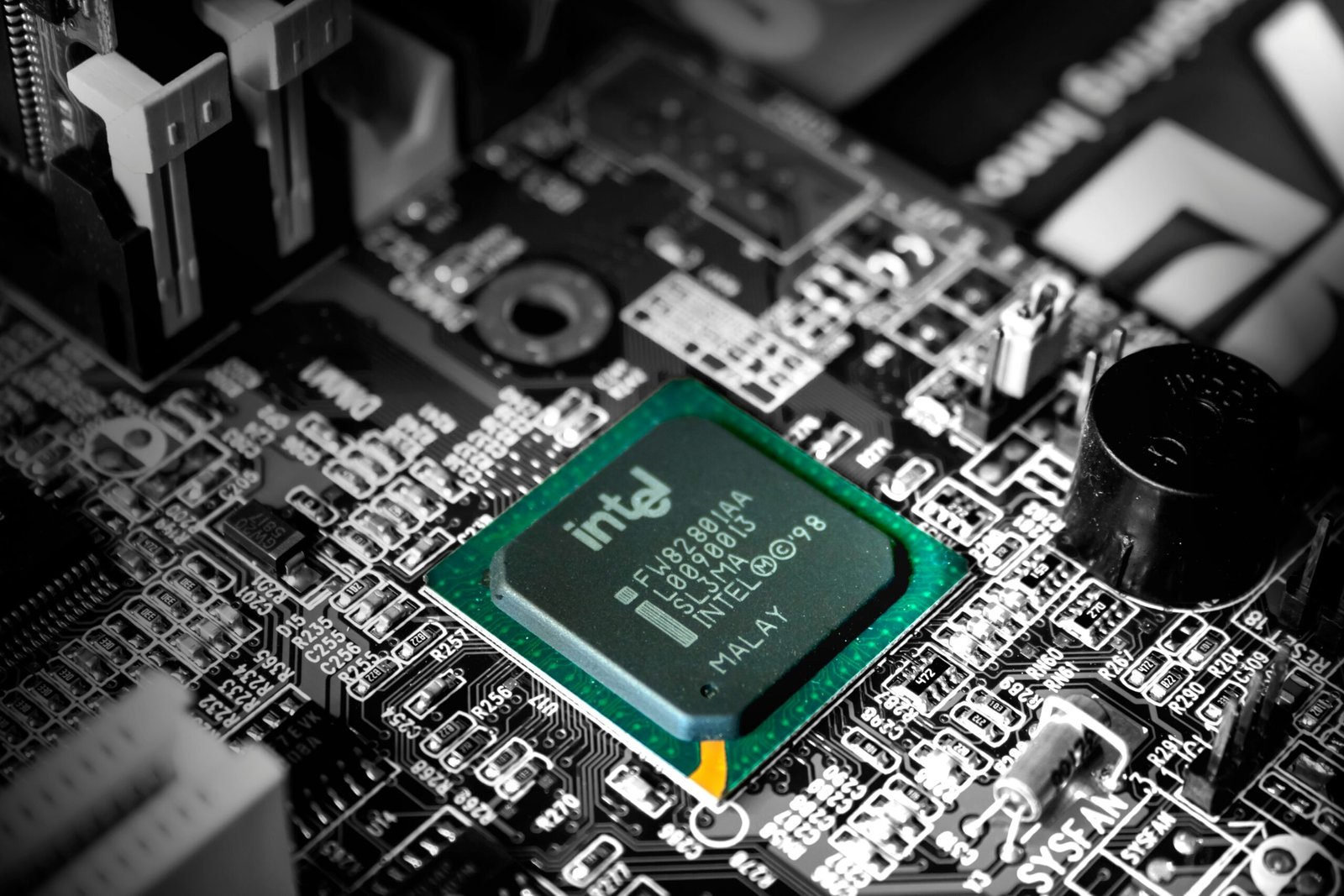Introduction to AI in Healthcare
The integration of artificial intelligence (AI) into the healthcare sector represents one of the most transformative advancements in medical technology in recent years. As healthcare systems around the world grapple with various challenges—including inefficiencies, rising costs, and a pressing need for improved patient outcomes—AI emerges as a potential game-changer. By leveraging AI, healthcare providers can analyze vast amounts of data, enabling them to make more informed decisions that ultimately benefit patient care.
Healthcare providers frequently encounter issues related to administrative tasks, diagnostic errors, and the general management of patient care. These challenges not only burden healthcare professionals but also have significant implications for patient safety and system sustainability. AI technologies, such as machine learning and natural language processing, can streamline processes, reduce the likelihood of errors, and offer predictive insights that enhance treatment options. As these systems become more advanced, they have the potential to dramatically improve healthcare delivery.
This article aims to shed light on the multifaceted roles of AI in healthcare, including its applications in diagnostics, patient monitoring, and personalized medicine. Readers can anticipate learning about the recent developments in AI technologies that are actively being used to improve patient outcomes, such as AI-driven diagnostic tools that assist in early disease detection and treatment protocols tailored to individual patient needs. Furthermore, the discussion will highlight various case studies showcasing the successful implementation of AI solutions in clinical practice.
As we explore the revolutionary impact of AI on healthcare, it is essential to remain attuned to both its potential benefits and the ethical considerations that accompany its use. Through examining the positive changes AI can bring to the healthcare landscape, we hope to illustrate not only the potential for saving lives but also the overall enhancement of healthcare delivery systems worldwide.
Transformative Applications of AI in Medicine
The integration of artificial intelligence (AI) in healthcare has ushered in a new era of transformative applications that significantly enhance patient care and operational efficiency. One prominent area where AI has made strides is in diagnostic tools, where machine learning algorithms analyze medical images with remarkable accuracy. For instance, AI systems such as Google’s DeepMind have demonstrated capabilities in detecting eye diseases from retinal scans, achieving a diagnostic accuracy level equivalent to that of experienced ophthalmologists. Such advancements enable earlier intervention and potentially better outcomes for patients.
In addition to diagnostics, predictive analytics powered by AI plays a crucial role in anticipating patient needs and preventing adverse events. By utilizing vast datasets, hospitals can implement predictive models that forecast patient deterioration or readmission likelihood. For example, a project at Mount Sinai Health System in New York employed an AI system to predict patient emergencies by analyzing real-time clinical data, leading to timely interventions that have saved lives. The ability to forecast such events allows healthcare providers to allocate resources more efficiently and improve patient management strategies.
Another compelling application of AI is personalized medicine, where treatment plans are adjusted based on individual genetic profiles, lifestyle factors, and environmental influences. Companies like Tempus leverage AI to analyze clinical and molecular data, aiding physicians in selecting tailored therapies for cancer patients. This not only increases the likelihood of successful treatment outcomes but also minimizes the trial-and-error approach traditionally associated with prescribing medications.
Statistics support the efficacy of these AI applications; a study published in the Journal of Medical Internet Research found that AI-enhanced diagnostic systems achieved up to 95% accuracy in identifying certain conditions. Such research evidences that AI is not merely a technological trend but a profound leap forward in medicine, optimizing patient care and paving the way for more efficient healthcare systems.
AI’s Role in Improving Efficiency and Reducing Costs
The integration of artificial intelligence (AI) technologies in healthcare systems has emerged as a transformative force, enhancing operational efficiencies and minimizing costs significantly. By automating routine administrative tasks, such as scheduling and billing, healthcare providers can reduce the administrative burden on staff, allowing them to focus more on patient care. This shift not only streamlines operations but also leads to substantial cost savings; research indicates that healthcare organizations adopting AI can reduce operational costs by approximately 20 to 30 percent.
AI also plays a crucial role in resource allocation. By leveraging predictive analytics, healthcare providers can forecast patient demand more accurately, optimizing workforce deployments and supply chain management. For instance, algorithms can predict patient influx, ensuring that staffing levels are appropriate to meet demand without unnecessary expenditures. Such strategic approaches can minimize waste and enhance the overall efficiency of healthcare delivery, leading to financial benefits that extend beyond the immediate operational context.
Moreover, AI enhances clinical decision-making through data-driven insights, which can lead to better patient outcomes. Improved outcomes often translate into reduced hospital readmissions and shorter hospital stays, further lowering costs for both providers and patients. Studies have shown that implementing AI tools in diagnostic imaging and predictive analytics can reduce misdiagnoses and unnecessary procedures, contributing to long-term financial sustainability within healthcare systems.
Despite these advantages, the integration of AI is not without challenges. Key issues include high initial investment costs and the need for staff training to effectively utilize new technologies. Healthcare providers must also navigate regulatory hurdles that may impede the adoption of AI solutions. To overcome these challenges, strategic partnerships with technology firms and incremental adoption strategies can be employed, allowing for a smoother transition and maximizing the potential benefits of AI in healthcare.
Looking to the Future: The Ongoing Impact of AI in Healthcare
As we reflect on the advancements AI has brought to healthcare, it is essential to recognize the tremendous potential that exists for future innovations. The integration of artificial intelligence within various facets of healthcare is not merely a trend; it represents a transformative shift that could redefine patient care, streamline operations, and enhance outcomes. With machine learning algorithms and advanced data analytics, the capacity to predict patient outcomes, tailor treatment plans, and improve diagnostic accuracy continues to expand, paving the way for a more personalized approach to healthcare.
One of the most notable trends is the emergence of predictive analytics that harnesses patient data for early diagnosis of various conditions. As these tools become increasingly sophisticated, healthcare providers will be better equipped to identify at-risk patients earlier, enabling timely interventions which can significantly improve prognoses. Furthermore, AI’s role in drug discovery and development promises to expedite the research process, potentially reducing the time taken to bring new therapies to market and ultimately saving lives.
Moreover, the integration of AI in telemedicine is revolutionizing remote patient monitoring and consultations, making healthcare more accessible than ever. This shift not only enhances patient convenience but also allows healthcare systems to efficiently manage resources and reduce costs associated with in-person visits. In addition, the ethical implications of AI in healthcare, including considerations of data privacy and algorithmic bias, need to be addressed to ensure equitable benefits across all demographics.
As we look to the future, it is vital for stakeholders within the healthcare ecosystem to remain proactive in adopting AI technologies while ensuring that the best interests of patients are upheld. Engaging with the findings presented in this article can empower individuals and organizations to play a role in this evolving landscape. We invite readers to share their thoughts and experiences in the comments below and to help spread awareness by sharing this post on social media.




